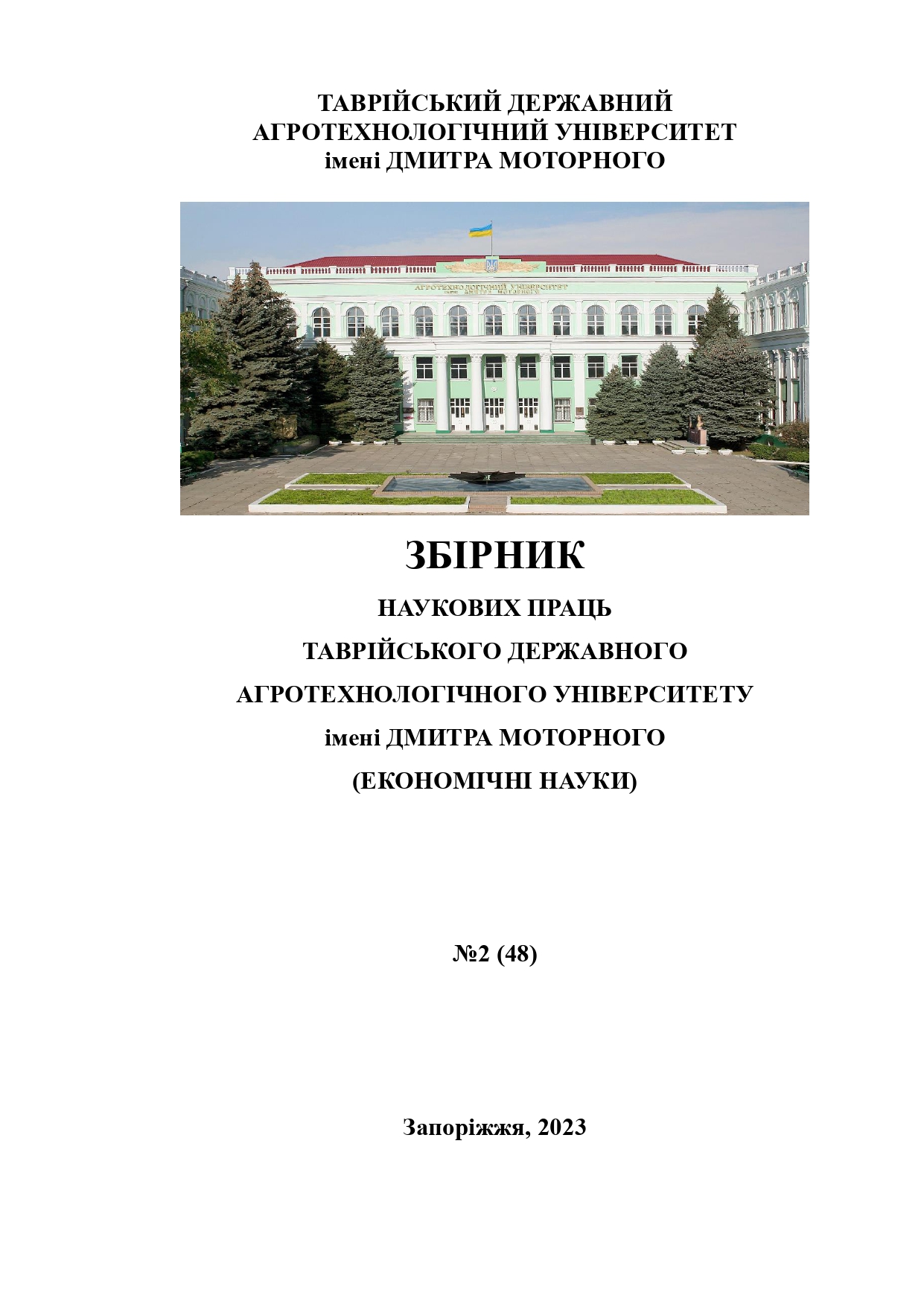УПРАВЛІННЯ СОЦІОКУЛЬТУРНИМИ АСПЕКТАМИ ТУРИЗМУ
Ключові слова:
Управління туризмом, соціокультурні аспекти, туристична діяльність, культурна спадщина, туристична інфраструктура, сталій туризм, місцеві громади.
Анотація
Розглянуто проблематику управління соціокультурними аспектами туризму та важливість збереження культурної ідентичності та природних цінностей відвідуваних регіонів у контексті зростаючої туристичної активності. Проаналізовано вплив туризму на соціокультурну сферу відвідуваних регіонів та ідентифікує проблеми, які можуть виникати внаслідок туристичної діяльності. Досліджено інструменти та методи управління соціокультурними аспектами туризму, включаючи збереження культурної спадщини, розвиток туристичної інфраструктури та взаємодію з місцевими громадами.
Опубліковано
2023-10-10

